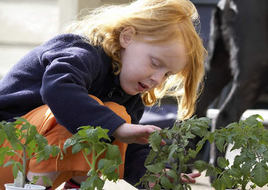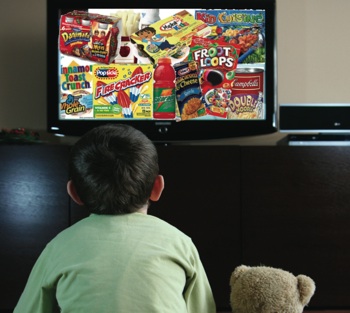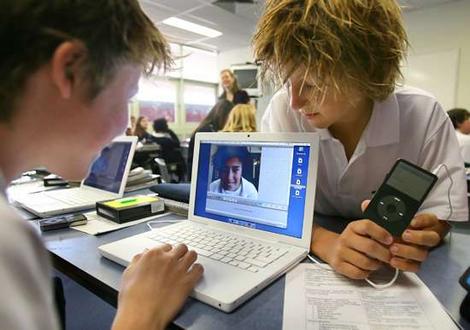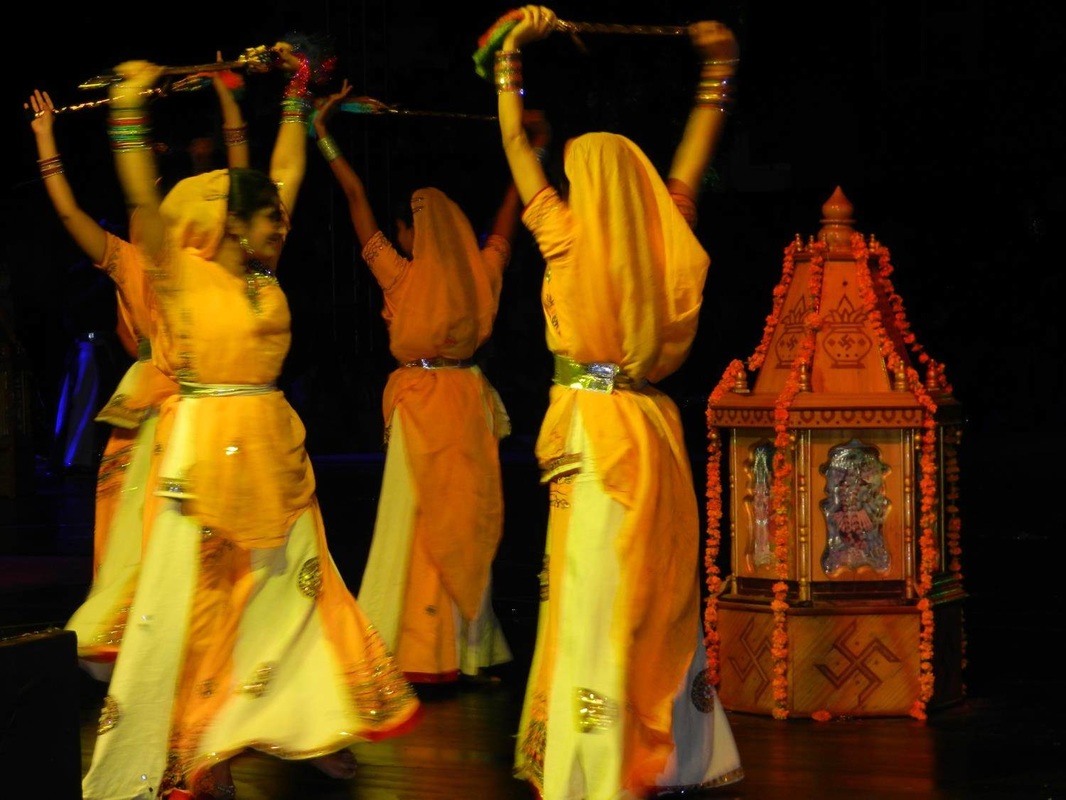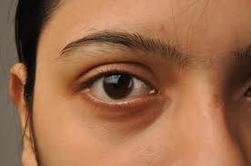Multiple Literacies for the 21st Century
Beyond the 3 R’s
The world of the 21st century is like no other in history. As my former professor, Douglas Kellner, Ph.D., at UCLA has stated,
The world of the 21st century is like no other in history. As my former professor, Douglas Kellner, Ph.D., at UCLA has stated,
“The advent of new technologies and multimedia are causing a more dramatic revolution than the transition from an oral to a print culture.”
Think about it – our media culture, globalization, increasing diversity, technologies, social media, digitization and cyberlife, astounding leaps in medical technologies. The human population on this planet has more than doubled since 1970!
These changes have created many new problems as well as many exciting new opportunities which today’s students will inherit. Today’s students will be facing changes and situations which we have not even begun to imagine. Today’s kindergarten children will retire in the year 2074. How can we possibly imagine what our world will be like at that time?
What do the constant and rapid changes, combined with the unknowable future, mean for how we should educate students today? As recently as the mid-20th century we could safely say that we should educate students in a certain way to prepare them for success in their adult lives. This is no longer the case. That education paradigm is now obsolete.
What is the answer? We need a new paradigm, a new model, for 21st century education. We must prepare students for the future (and the present, for that matter!) by teaching them 21st century skills and by expanding the concept of literacy. The three R’s – Reading, Writing and Arithmetic – are more important than ever, but are no longer sufficient!
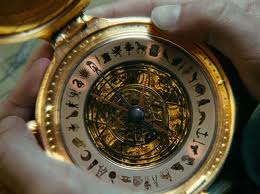
See this compass.
We do include some literacies on this page which are not on the Multiple Literacies compass, but that are important, distinct literacies. They would be included as a subset or sub-literacy, of one of the eight major literacies we focus on in the compass. However, they too, need to be taught specifically. These include Visual Literacy and Aural Literacy.
As this page is developed we will include more information on each literacy and suggestions for how to easily integrate learning, or developing, these literacies within a PBL21 curriculum. We are also adding links to some articles which were actually written for students, middle school through the university level. These articles briefly define the literacy and then provide examples of activities students could do to develop these literacies. More to come!
We do include some literacies on this page which are not on the Multiple Literacies compass, but that are important, distinct literacies. They would be included as a subset or sub-literacy, of one of the eight major literacies we focus on in the compass. However, they too, need to be taught specifically. These include Visual Literacy and Aural Literacy.
As this page is developed we will include more information on each literacy and suggestions for how to easily integrate learning, or developing, these literacies within a PBL21 curriculum. We are also adding links to some articles which were actually written for students, middle school through the university level. These articles briefly define the literacy and then provide examples of activities students could do to develop these literacies. More to come!
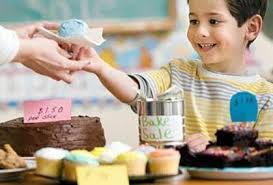
|
Arts and Creativity as Literacies
Article by Anne Shaw - Analyze This! The Arts and Creativity as Literacies! |
|
Physical Fitness and Health as Literacies
Article by Anne Shaw - Physical Fitness and Health Literacies - Activities for Students |
|
Aural Literacy
Article by Anne Shaw - Tips for Students: How to develop Aural Literacy - We encounter, use and produce sounds all the time. This important literacy is connected to many others, including visual literacy, media literacy, emotional literacy, even financial literacy! From Halloween sounds to radio/television/film production, from the sounds of nature to ancient civilizations - use these fun and interesting ideas to help you develop your aural literacy skills! |
